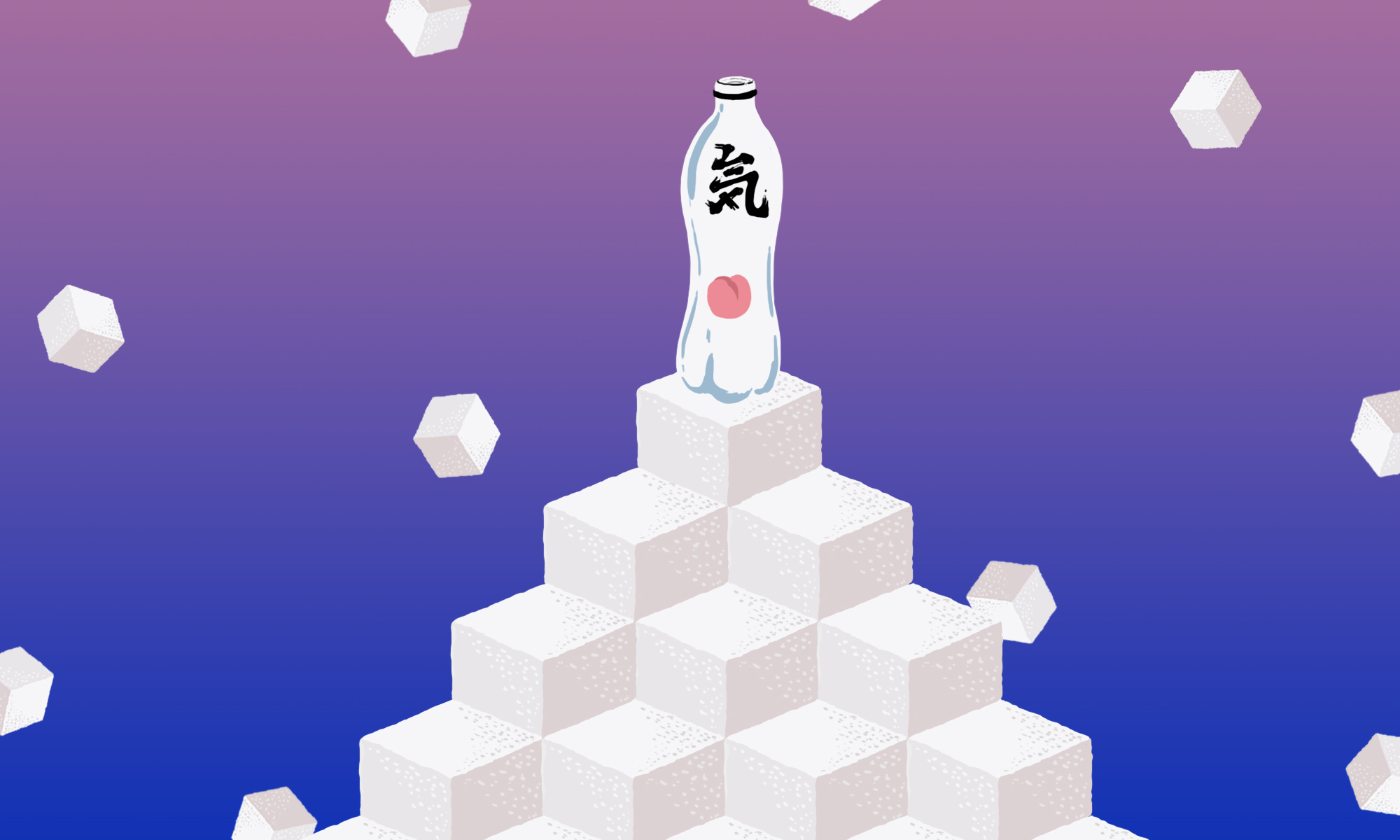Genki Forest’s ‘sugar-free’ label claims turn sour
Tech-savvy beverage startup Genki Forest has won over tens of millions of health-conscious customers with delicious drinks that contain no added sucrose. But some of those customers are angry to discover that low sucrose does not mean low sugar or low calorie.

Here’s some sad news for loyal customers of Genki Forest, the emerging, hip Chinese beverage company that has revolutionized the country’s soft drinks market by billing itself as a health-conscious tech startup: The brand’s products — especially its milk tea — are not as healthy as advertised. And they certainly contain sugar — just not sucrose, the more familiar type.
Over the weekend, following a wave of confusion and skepticism about the nutrition facts of Genki Forest’s milk tea beverage — specifically, whether it’s actually “sugar-free,” as its label states — the company issued an apology, admitting that its milk tea contains crystalline fructose, a sugar usually made from processed corn, and, of course, milk, which contains the sugar known as lactose.
In a statement (in Chinese) titled “A delayed upgrade,” Genki Forest said that the previous packaging and advertising for its milk tea beverage — which claimed that the product was low calorie and had zero sucrose, the kind of sugar commonly found in sodas — was “likely to mislead consumers” about the total amount of sugar in a bottle. The difference between zero “sugar” (糖 táng) and zero “sucrose” (蔗糖 zhètáng) was not properly explained.
The company added that it had already updated the packaging and its marketing campaigns to reflect the true level of sugar in its milk tea beverage. “Here’s an additional reminder from Genki Forest: Milk tea has milk, and therefore it contains some sugar,” it wrote, adding that those who had bought the beverage from online shops would be given a coupon worth 20 yuan ($3) for future purchases.
While many Chinese companies have been caught engaging in false advertising in the past, Genki Forest’s sugar scandal could be particularly detrimental to its brand building, which has been — above everything else and from the very beginning — about healthier alternatives to regular beverages.
Prior to the controversy, Genki Forest had been undeniably successful in tapping into China’s growing health awareness trend, developing a cult following among health-conscious shoppers who were willing to pay more for purported “goodness.” As The China Project reported last month, the startup, founded in 2015, had taken the consumer goods industry by storm, with its presence expanding from Chinese cities to foreign countries like Japan and the U.S., as well as a home product line that now includes soda water, energy drinks, and yogurt. With substantial funding from high-profile investors, Genki Forest was recently valued at $6 billion.
Despite its swift apology and promise to do better, many angry customers continued to call out Genki Forest on social media for making deceptive claims about its products. “I feel like I was being treated like a fool. I will stop buying Genki Forest,” a Weibo user wrote (in Chinese).
Others argued that with sugar increasingly dominating everyday conversations about nutrition and dieting, it’s high time for Chinese food regulators to step up enforcement of labeling rules on sugary products. They urged the government to define what exactly it means for a product to be low in sugar — or to be advertised as healthy — to prevent companies like Genki Forest from deceiving consumers into buying foods that are higher in sugar than they anticipate.






